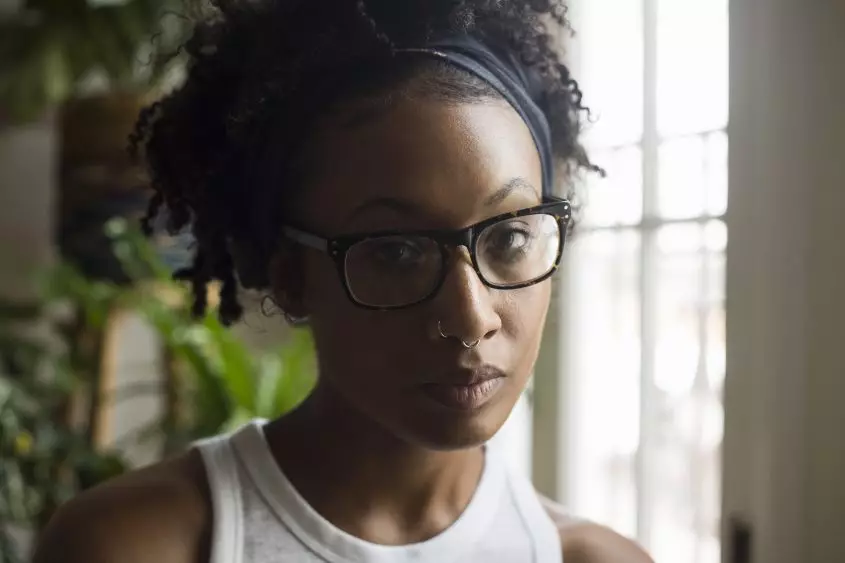A new wave of controversy has hit the headlines as acclaimed documentary filmmaker Sophia Nahli Allison steps forward with allegations against singer Lizzo. Allison, known for her Oscar-nominated documentary short, A Love for Latasha, took to social media to reveal her troubling experiences with the renowned artist.
Disrespect and Hostility: Allison’s Disturbing Encounter
According to Allison, her time spent shadowing Lizzo for a documentary project ended abruptly due to appalling mistreatment. She described Lizzo’s behavior as “arrogant, self-centered, and unkind,” leading her to make the difficult decision to walk away from the project after just two weeks. In her candid social media posts, Allison highlighted the lack of support she received and expressed feeling “thrown into a sh*tty situation.”
Allison’s claims come in the wake of a lawsuit filed by three former backup dancers against Lizzo and her production company, Big Grrrl Big Touring. The lawsuit includes accusations of sexual, religious, and racial harassment. These allegations, combined with Allison’s account, paint a disturbing picture of a toxic workplace environment surrounding the singer.
Disclosing the Truth: Allison’s Social Media Statements
Taking to Instagram and Twitter, Allison broke her silence on the matter. While stating that she typically refrains from commenting on pop culture, she felt compelled to share her experience. Allison expressed her disappointment in Lizzo’s behavior, revealing how she witnessed firsthand the singer’s arrogance, unkindness, and cruelty. She also emphasized feeling unsupported and unprotected throughout her time working on the project.
Allison’s posts not only shed light on her own encounter but also draw attention to the broader issue of power abuse that occurs far too frequently in the entertainment industry. She expressed her compassion and solidarity with the backup dancers who filed the lawsuit against Lizzo, acknowledging the importance of standing up against such behavior.
Interestingly, Allison highlighted the choice of director for Lizzo’s documentary, Love, Lizzo, which premiered on HBO Max in November 2022. Directed by Doug Pray, a cis white man, this casting decision raised eyebrows. Allison’s remarks imply a disconnect between Lizzo’s self-proclaimed image and the reality of her actions, suggesting that her public persona may be a curated facade.
Allison also shared that she had heard from others who had similar experiences with Lizzo, indicating a pattern of toxicity and manipulation. According to her, Lizzo creates a hostile working environment and undermines the authority and labor of other black and brown womxn in the industry. These allegations further tarnish Lizzo’s reputation, branding her as a “narcissistic bully” who has built her brand on falsehoods.
The allegations against Lizzo and the ensuing conversations surrounding workplace toxicity and abuse of power in the entertainment industry bring attention to the need for change. As more individuals come forward with their experiences, it becomes clear that these issues persist far too frequently. It is crucial for both artists and the industry as a whole to address and actively combat these harmful practices to create a safe and supportive environment for all.
Sophia Nahli Allison’s allegations against Lizzo shed light on a darker side of the music industry. The claims of toxicity, bullying, and mistreatment raise important questions about the treatment of artists, especially those belonging to marginalized communities. Through exposing these issues, it is hoped that steps will be taken to rectify and prevent such behavior in the future.

